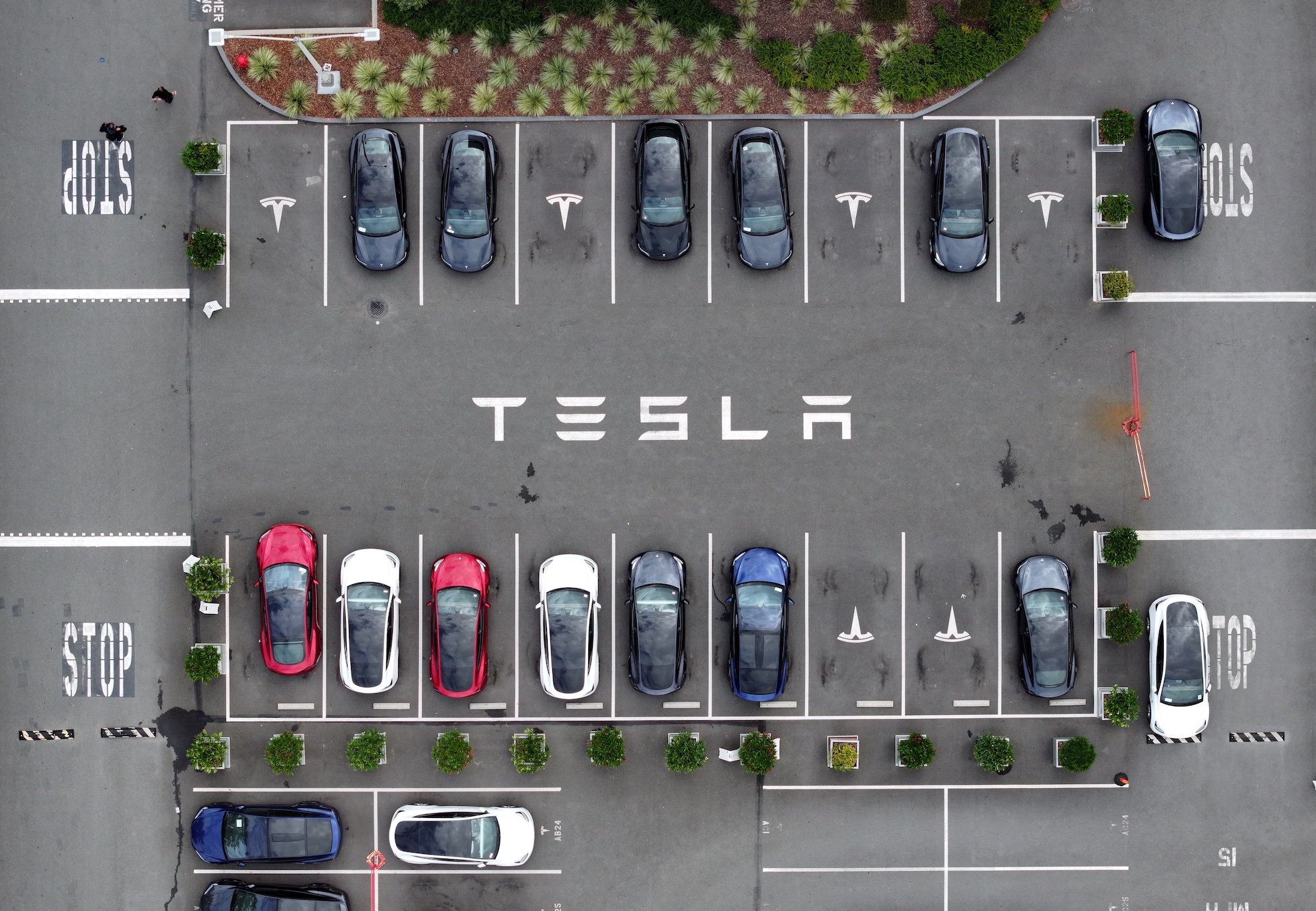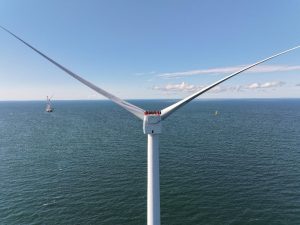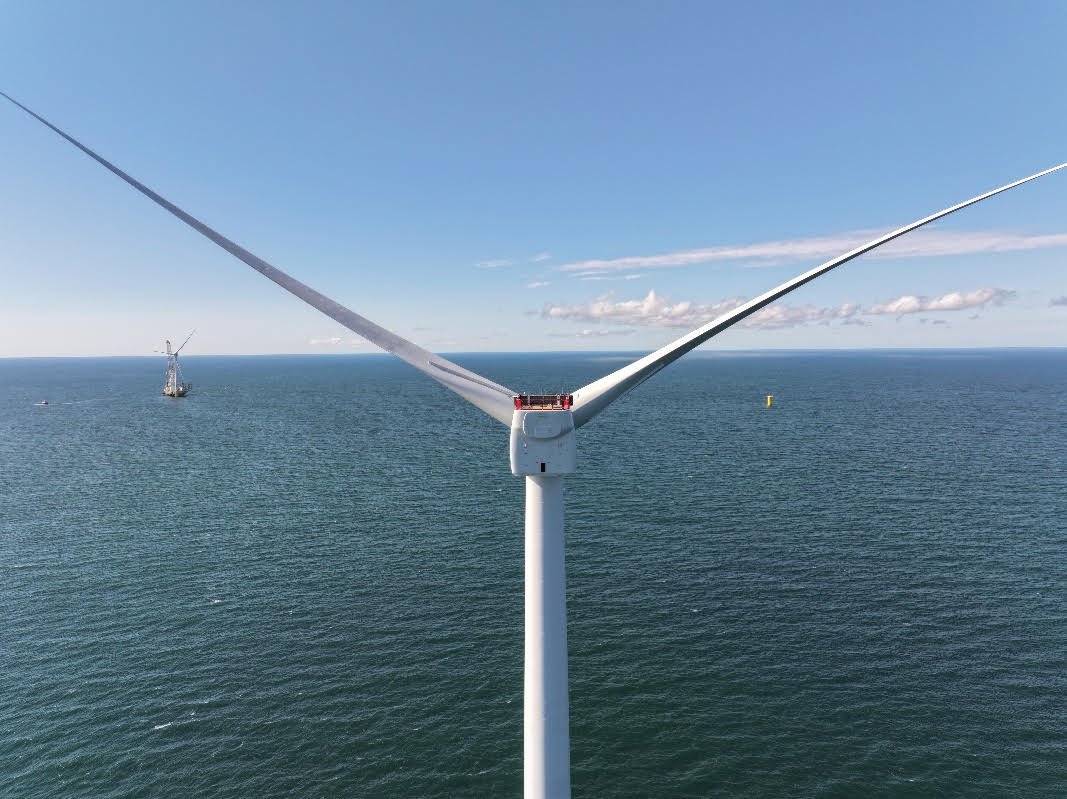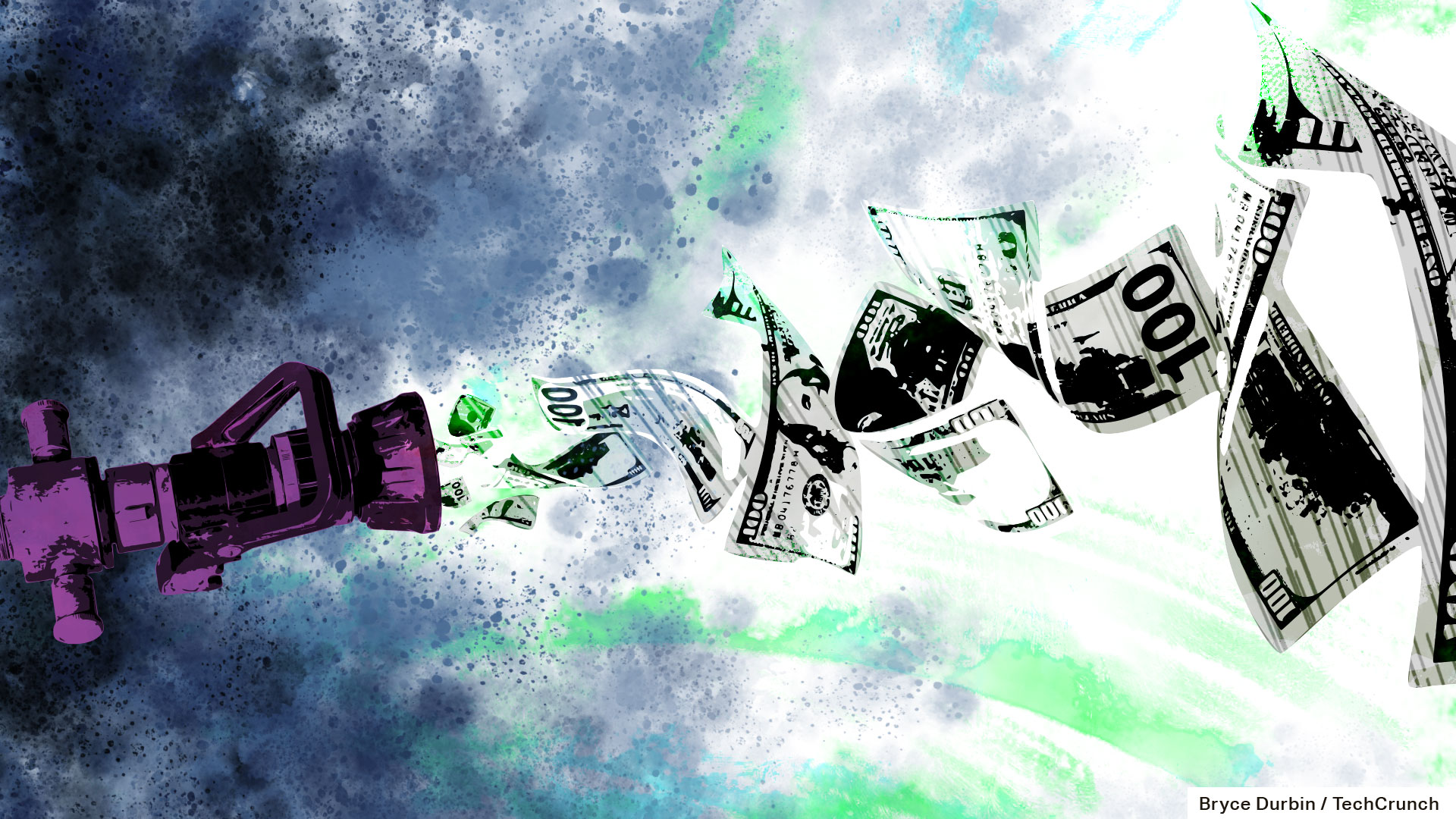
Tesla investors have resoundingly approved a highly contentious compensation package for CEO Elon Musk, a decision that reaffirms his unparalleled influence over the electric vehicle and technology giant. This vote, which occurred amid intense scrutiny and a backdrop of legal challenges, is perceived by many as a powerful endorsement of Musk’s leadership and his audacious vision for the company’s future, extending far beyond traditional automotive manufacturing. The outcome not only secures potentially the largest executive pay deal in corporate history but also underscores the unique relationship between Tesla and its often-polarizing chief.
The Contours of the Compensation Plan
The approved remuneration package, initially granted in 2018, is structured as a performance-based stock option award, designed to incentivize Musk to achieve exceptionally ambitious growth targets for Tesla. It consists of 12 tranches, each contingent on Tesla reaching specific operational milestones, adjusted profit metrics, and significant increases in market capitalization. Should all these goals be met, Musk stands to receive 35.3 million shares per tranche, with the total potential value of the package estimated to be approximately $55.8 billion at its 2018 valuation, which has since ballooned to hundreds of billions or even a trillion dollars based on Tesla’s current market value. For instance, the first tranche alone requires Tesla to hit a market capitalization of $2 trillion, a considerable leap from its current valuation, which hovers around $1.5 trillion. This structure ties Musk’s personal wealth directly to the company’s long-term success, aligning his financial interests with those of shareholders in a profoundly direct manner.
A Contentious History: The 2018 Award and Legal Battles
The path to this re-approval was fraught with legal and corporate governance challenges. The compensation plan was originally approved by shareholders in 2018, but its immense size and the circumstances surrounding its approval led to a protracted legal battle. In January 2024, a Delaware Chancery Court judge invalidated the 2018 package, citing concerns that Musk had improperly controlled the board’s approval process and that shareholders were not adequately informed. The judge described the process as "deeply flawed," highlighting the potential for conflicts of interest given Musk’s dominant position.
This judicial ruling compelled Tesla’s board to seek a re-vote from shareholders, framing the decision as crucial for retaining Musk’s focus and commitment. The re-vote essentially asked shareholders to ratify the original 2018 grant, with the board arguing that nullifying the package would be unfair to Musk and detrimental to Tesla’s future. This historical context reveals the extraordinary stakes involved and the unprecedented nature of the corporate governance saga that has unfolded.
The Power Dynamic: Leadership and Influence
The narrative surrounding the re-vote was heavily influenced by Musk’s own statements, where he repeatedly emphasized the necessity of increased control over Tesla to realize his ambitious plans, including those involving advanced AI and robotics. He openly suggested that without this expanded control, his engagement with Tesla might wane, or he might even pursue his ventures elsewhere. This thinly veiled threat presented shareholders with a stark choice: affirm Musk’s leadership with a colossal pay package, or risk losing the visionary who has propelled Tesla to its current prominence.
For many investors, particularly the retail shareholder base that forms a significant portion of Tesla’s ownership, the prospect of Tesla without Elon Musk is virtually unimaginable. His persona is inextricably linked to the brand’s identity and its disruptive ethos. This "cult of personality" aspect plays a critical role in Tesla’s market perception, often overshadowing conventional financial metrics. Analysts suggest that the shareholder vote was less about the financial specifics of the package and more about preserving the perceived "Musk premium" that has historically driven the company’s valuation. This dynamic highlights a broader trend in the tech sector, where charismatic founders often command immense power and loyalty, sometimes challenging traditional corporate governance structures.
Beyond the Balance Sheet: Tesla’s Unique Valuation
Tesla’s stock performance has long been an enigma to many traditional financial analysts. Its share price frequently appears decoupled from conventional automotive industry fundamentals, reacting instead to Musk’s pronouncements, product announcements, or even social media activity. A casual comment from Musk during an earnings call, for example, can send the stock soaring, irrespective of whether the company’s quarterly figures met expectations. This phenomenon can be deeply frustrating for established automakers, who operate under more predictable, albeit often less exciting, valuation models.
This distinctive market behavior is largely attributed to Tesla’s positioning not merely as a car company, but as a technology and innovation leader, pioneering in areas like artificial intelligence, battery technology, and autonomous driving. Investors often view Tesla as a bet on the future, a company capable of transforming multiple industries, rather than just a cyclical automaker. This sentiment, combined with Musk’s visionary leadership, creates a unique investment thesis that defies easy categorization and traditional valuation frameworks.
Ambitious Horizons: Operational Goals and Future Ventures
The approved pay package is tied to an array of incredibly ambitious operational goals that Musk has laid out for Tesla over the next decade. These targets include delivering 20 million Tesla vehicles annually, achieving 10 million active Full Self-Driving (FSD) subscriptions, deploying 1 million humanoid robots, and operating 1 million robotaxis commercially. These objectives represent a massive scaling of current operations and a significant expansion into new, nascent markets.
The goal of 20 million vehicles, for instance, would place Tesla’s production output on par with the largest global automakers, a monumental task requiring unprecedented manufacturing expansion. The FSD subscription target, meanwhile, relies on the successful widespread deployment and regulatory approval of truly autonomous driving technology, a challenge that has proven more complex than initially anticipated across the industry. The introduction of 1 million robots and robotaxis speaks to Musk’s long-held vision of a future powered by AI and automation, transforming urban mobility and labor markets. Achieving these targets would undeniably solidify Tesla’s position as a dominant force across multiple high-tech sectors, but the sheer scale and technical hurdles involved make them highly speculative.
Promises and Projections from the Shareholder Meeting
The recent shareholder meeting was not just a referendum on Musk’s compensation; it also served as a platform for him to unveil further ambitious plans and make future projections. Among these was the claim that production of the much-anticipated Cybercab, Tesla’s dedicated robotaxi, would commence in April, a timeline that surprised many industry observers given the vehicle’s unique design and the complexities of autonomous deployment. Musk also hinted at the potential need to construct a "gigantic" semiconductor fabrication plant, signaling Tesla’s intent to deepen its vertical integration in critical technology components.
However, not all news was forward-looking. The unveiling of the production version of the Roadster 2, initially showcased as a prototype in 2017, was once again delayed, with a new target date of April 1, 2026. This repeated postponement has led to skepticism regarding Tesla’s timelines for new product introductions. Furthermore, critics continue to point out that Tesla’s "Master Plan 4," which formed a central part of the argument for approving the $1 trillion pay package, remains notably short on specific details, leaving many questions about the concrete steps to achieve its grand objectives.
Broader Mobility Sector Developments
Beyond the Tesla-centric headlines, the broader mobility sector continues its dynamic evolution, with significant developments occurring across electric aviation, advanced vehicle technology, and autonomous services.
Electric Aviation Takes Flight: Vermont-based Beta Technologies, an electric aviation startup, successfully completed its IPO, raising an impressive $1 billion. Despite a challenging market, the company debuted on the New York Stock Exchange with a valuation of $7.4 billion, reflecting investor confidence in the nascent electric vertical takeoff and landing (eVTOL) aircraft market. While its stock performance has seen fluctuations, its initial stability was a positive sign for the sector. Similarly, Archer Aviation secured $650 million through a stock offering, primarily to fund its acquisition of Hawthorne Airport in Los Angeles. This strategic move positions Archer to control key infrastructure adjacent to major aerospace players like SpaceX, underscoring the intense competition and strategic maneuvers in the burgeoning electric air taxi space.
Emerging EV Innovations: The electric vehicle landscape saw new entrants and significant financial movements. Evotrex, a startup developing a hybrid RV travel trailer with an integrated gas engine, emerged from stealth with $16 million in seed funding, backed by firms like Anker and Chinese venture capital. This indicates diversification within the EV market, moving beyond traditional passenger cars. Meanwhile, established EV players faced varying fortunes. Lucid Motors received a significant liquidity boost, with Saudi Arabia’s sovereign wealth fund, its majority owner, increasing a loan agreement from $750 million to approximately $2 billion, extending the company’s financial runway until 2027. However, Lucid also experienced an executive shake-up, with key engineering leaders departing, signaling internal shifts amidst ongoing efforts to scale production and achieve profitability. Rivian, another prominent EV manufacturer, reported robust third-quarter revenue growth of 78% year-over-year to $1.56 billion, even as it continued to operate at a loss. Notably, Rivian also spun off a new industrial AI and robotics venture called Mind Robotics, securing $115 million in seed funding, demonstrating a strategic pivot towards diversifying its technological portfolio beyond vehicles, following an earlier spin-off of a micromobility company named Also.
Ridesharing and Autonomous Advancements: The ridesharing industry saw both consolidation and expansion. Indian two-wheeler giant TVS Motor divested its entire stake in the ride-hailing company Rapido for approximately $32 million, with Accel and Prosus’s investment unit acquiring the shares. In the U.S., Lyft reported a positive third quarter, turning a profit of $46.1 million compared to a loss in the previous year, with ridership growing 15% and revenue increasing 11%. This signals a potential recovery for the ride-hailing sector post-pandemic. In autonomous driving, Waymo accelerated its expansion plans, announcing the launch of its robotaxi service in Detroit, Las Vegas, and San Diego. The company’s co-CEO, Tekedra Mawakana, reiterated an ambitious goal of offering 1 million trips per week by the end of 2026, highlighting the intensifying race to commercialize fully autonomous transportation.
Industry Shifts and Challenges: Not all news was positive. Ford executives are reportedly considering discontinuing the F-150 Lightning electric truck, reflecting the complexities and challenges of transitioning traditional product lines to electric. Lidar technology firm Luminar continues to face difficulties, evidenced by an eviction notice for one of its Florida offices, underscoring the volatility in the autonomous sensor market. Amidst these technological advancements, legal and ethical considerations remain paramount. Bryant Walker Smith, a leading expert in automated driving, published a significant paper titled "Self-Driving" Means Self-Driving, advocating for clearer public communication and regulatory frameworks around autonomous vehicle capabilities, emphasizing the critical distinction between driver-assistance features and truly autonomous systems.
The re-approval of Elon Musk’s compensation package at Tesla is more than just a financial transaction; it’s a profound statement about corporate governance, leadership influence, and the future trajectory of one of the world’s most innovative companies. It solidifies Musk’s unique position at the helm, empowering him to pursue his grand vision, while simultaneously placing immense pressure on Tesla to deliver on extraordinary promises across multiple high-tech domains. The outcome will undoubtedly be closely watched as a precedent for how founder-led companies navigate the complexities of shareholder expectations, legal scrutiny, and the relentless pursuit of technological disruption in the years to come.








